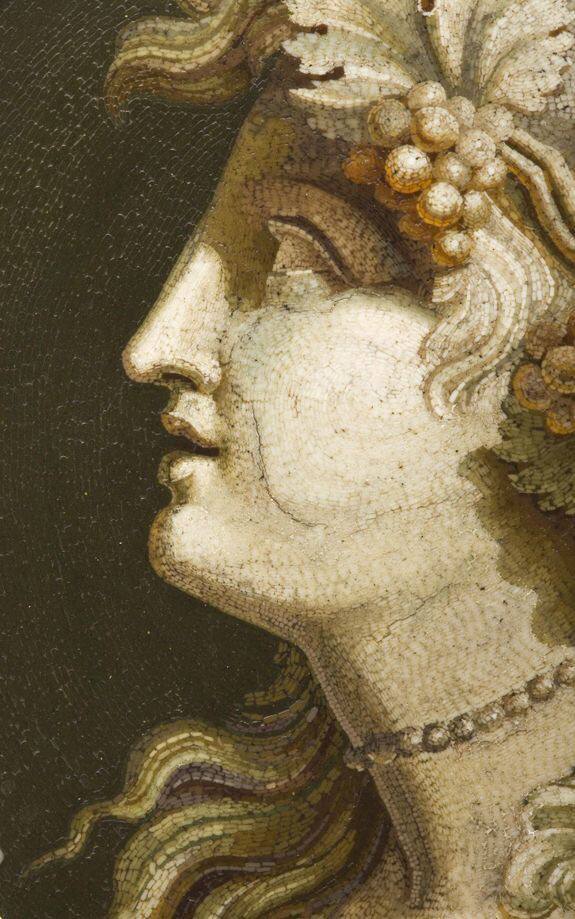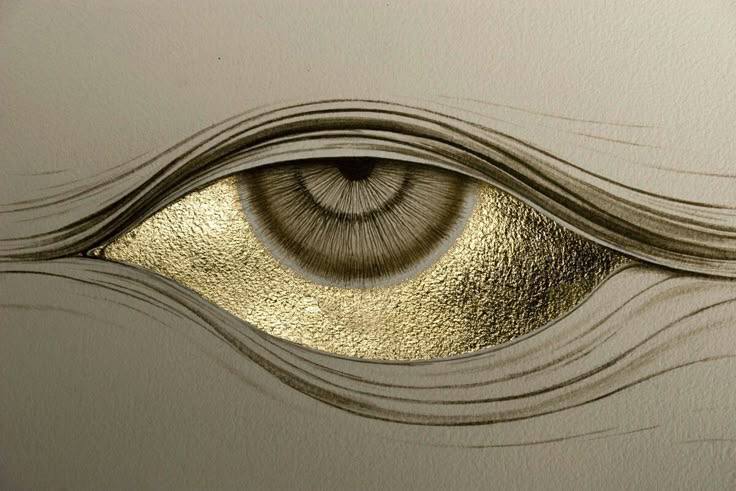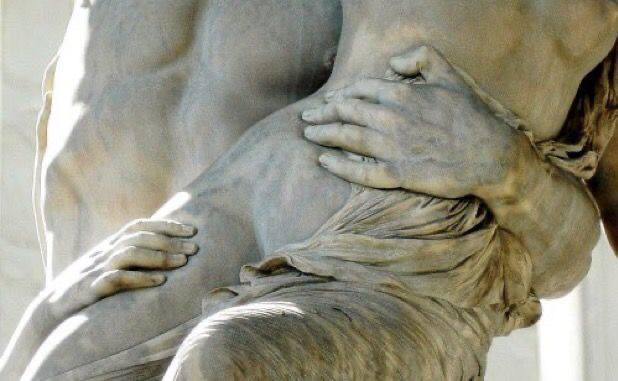
Beauty, in Ancient Greece, was never just about appearance—it was philosophy. “Kallos,” the Greek ideal, fused outer radiance with inner harmony, where the body and spirit worked in tandem to create elegance. Thousands of years later, the beauty routines of that world still echo through modern skincare aisles and whispered advice about how to glow naturally.
A Portrait of Beauty
The Greek ideal woman was imagined as sun-kissed, with luminous skin, shining hair, and balanced features. Pale yet healthy complexions were often celebrated, but beauty was not a static mask—it was active, athletic, and deeply intertwined with the pursuit of wellness. Women (and men) in Athens or Sparta viewed beauty as an extension of health, fitness, and balance.
“True beauty, to the Greeks, was never superficial—it was the harmony of body, mind, and spirit.”
The Ancient Routine

While rituals varied across the city-states, common practices reveal an early mastery of self-care:
- Olive Oil Elixirs: Used as moisturizers, cleansers, and even sun protection, olive oil was the cornerstone of Greek beauty. Massaged into the skin after bathing, it left a soft glow and preserved suppleness.
- Honey Masks: Revered for its antibacterial and hydrating properties, honey was blended with milk or herbs to soften and heal skin.
- Clay & Chalk: White lead was tragically used by some as a whitening agent, but safer clays were more common—absorbing impurities and balancing the complexion.
- Rose Water & Herbs: Distilled flower waters and herbal infusions refreshed and perfumed the body, long before bottled fragrance.
- Charcoal & Ashes: Used to line eyes or darken brows, creating definition that emphasized symmetry, the hallmark of classical aesthetics.
Were They Onto Something?
Many of these ingredients—honey, olive oil, clay, and rose water—remain staples in today’s cosmetic formulations. Brands from Korres to Guerlain still bottle the Greek wisdom of using nature’s simplest elements: hydration, purification, and balance.
- Olive oil = modern serums and nourishing creams.
- Honey = luxury masks (think Guerlain’s Abeille Royale).
- Clay = detoxifying masks at every beauty counter.
- Rose water = toners and refreshing face mists (Herbivore Botanicals, Mario Badescu).
The Greeks may not have known the molecular science, but they understood results.




Were They Healthier Than Us?
In many ways, yes. Diets rich in olives, fish, nuts, and fresh produce supported clear skin and strong bodies. Physical activity was a social norm—whether athletic games, walking, or dance. Less exposure to modern pollutants and processed foods meant their internal and external health aligned more closely than ours.
But they lacked dermatological knowledge, often turning to dangerous substances like white lead, which harmed more than helped. Their world proves that nature was both a healer and a risk, depending on how it was harnessed.

Lessons for Today
Ancient Greece whispers timeless advice to us in an age of over-engineered beauty routines:
- Less is More: A handful of natural ingredients can outshine a cabinet of complicated products.
- Beauty is Balance: Exercise, diet, rest, and skincare create true radiance—not one alone.
- Nature Endures: Olive oil, honey, and herbs still serve us because they’ve been tested by centuries, not just labs.
“The Greek secret to beauty was not perfection—it was harmony
The Eternal Allure
From marble statues to myths of Aphrodite, Greek beauty ideals continue to shape our vision of glamour: glowing skin, soft hair, strong yet graceful presence. What began in stone baths by the Aegean lives on in today’s beauty cabinets, a reminder that sometimes the most modern luxury is the most ancient wisdom.
